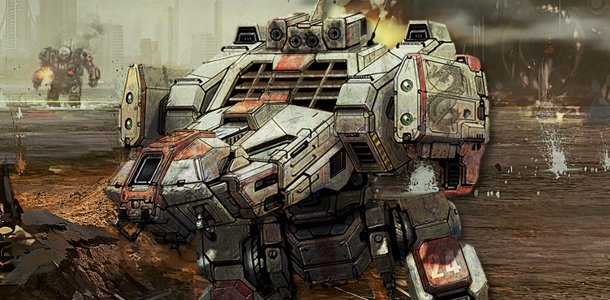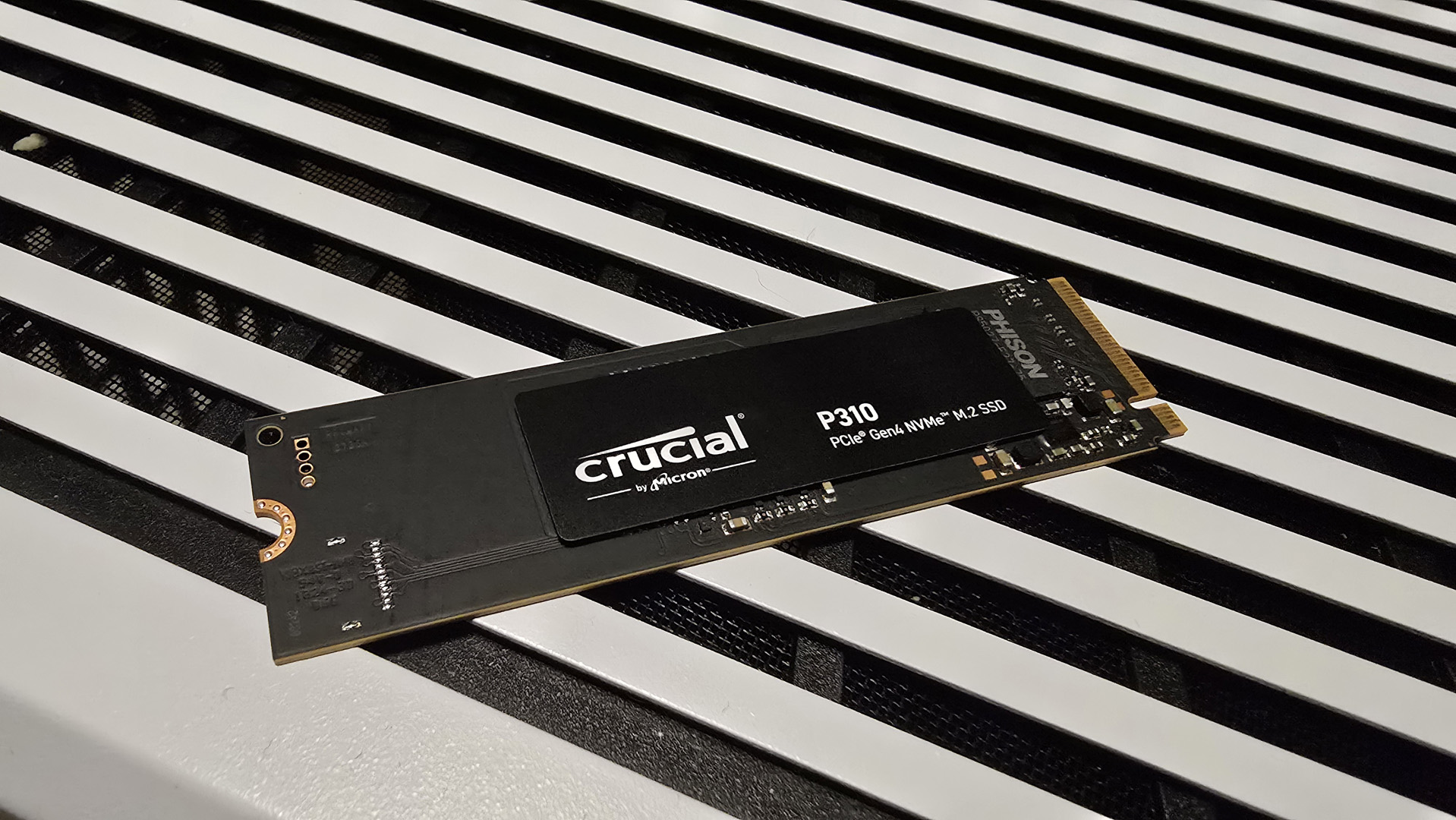
The MechWarrior community caught fire in 2009 when Piranha Games released a trailer for their upcoming MechWarrior reboot, and it seemed like all Piranha needed to do was find a a publisher and relaunch the classic MechWarrior franchise.
But almost two years went by with no word on the project's status, and no publisher picked it up. I talked to Russ Bullock, president of Piranha Games', and asked about MechWarrior's missing years, and how MechWarrior Online emerged from their struggle to find a publisher. He explains how Microsoft's restrictions on the MechWarrior license made the property a tough sell, and how bad timing made a tough job impossible. Stymied by the traditional publishing model, Piranha started to take a hard look at whether free-to-play might let them make the game they wanted, without compromising its values.
So how did you guys end up working with [FASA founder and BattleTech creator] Jordan Weisman? How did you guys know each other, and what sort of discussions did you have? What did you have in mind back then?
Piranha Games President Russ Bullock: We didn't know Jordan until I'd reached out to him. And this would be fall of 2008. As I expressed a few minutes ago, I'd been a fan of the brand for so many years. And running Piranha games at that point for nine years, I guess, since we're about to be 12 years in business come this January.
During those 9 years, I'd probably thought of Mechwarrior, and could we get the brand, could we make a Mech title? multiple times. Every year I would look into it. And it was just one of those times. I had thought: what's going on with the brand. I would like to look into it, under the small off chance that there's a possibility. This time, to my surprise, there was a possibility. We found some news article about how Jordan Weisman had licensed all the FASA brands back from MS and was looking to use the brands and keep them active.
So I immediately reached out to him, expressed my interest, and we arranged to meet. Luckily, they're just a couple hours south of us in Seattle, so fairly quickly, I think within a couple weeks, Bryan and I drove down and got to meet him firsthand. And that's how it got started. It was pretty quick after that, within a month or two, we had a bit of a design and an idea of what we wanted to do, and just started to grow the relationship and move forward from there.
I talked to Jordan quite a bit last autumn. And I know at the time it seemed like you guys were in the middle of a really long, excruciating process trying to find a publisher. One of the things he said that you kept running up against is that due to the restrictions on the license, basically that you could not make a game for PS3 / Wii, you were having trouble securing a publisher. Could you tell us a bit about what happened after that trailer came out, and why Mechwarrior went dark for so long?
The biggest gaming news, reviews and hardware deals
Keep up to date with the most important stories and the best deals, as picked by the PC Gamer team.
RB: That was both a great and frustrating time. When we released the video in the summer of 2009, it was really the culmination of a lot of hard work and it was a huge success for us. We were so happy to see the reaction the video got, and it really proved that the MechWarrior fan base was still out there, and they were huge. Bigger than maybe we had even hoped.
So that was very exciting. We had a plan in place to release that video, drum up the interest, and then to set meetings with publishers and to follow up and to try and get a deal done. Going into that process, we knew we had some challenges. One in particular, which is what you just mentioned: we weren't able to make the product for the competing consoles, Sony and Nintendo's console. And especially with this type of game, as you can imagine, it was really the PS3. That was the kicker.
So we knew that going in. But we still felt confident we could overcome it with the strength of the brand and the history of the brand, which said that no title yet had ever sold less than a million units. And that was with PC only! Or one console only, like say with the Mech Assault titles.
So we went to all those meetings, the reaction was very strong from the publishers. But, in the end, the icing on top of it all was the fact that we were sitting in the middle of 2009, which was one of the worst economic downturns in a long time, especially in the gaming industry. So when it came down to it, with that restriction, here we were shopping the game to 3rd-party publishers, telling em it could only be a 360 / PC game, and ultimately it was a brand they were not going to be able to own. So as much as they wanted to make it, and many of them did, they just couldn't justify spending the kind of money it takes these days to make a great product in the console world, and not be able to own that brand or ship it one those consoles.
Maybe we didn't realize it at the time, but looking back, with those circumstances in place, it was just never going to happen.
It was was something you were so clearly excited about, and you had this great trailer, and all the fans thought this was going to be a done deal. Do you think this was a bit of a business blind-spot for you? You were unprepared for what you were letting yourselves in for?
RB: I think we're pretty honest with ourselves. When you've been doing this for 12 years, there's a lot less of those moments when you're just blindly fighting against it all. Our eyes were wide open going in. I think we understood the risks and the problems. And it still felt like we could get it sold.
And I think what the difference was, Rob, is that this industry changes so quickly. I mean, as developers, you can be out there talking to publishers and there's a predominant message, say at one particular E3 or at a particular time of year. What publishers want, what they're looking for, and how much they're spending. And when we started this process, we think we had a had a sellable pitch. And just in the six months, eight months it took to go from starting the process, making the video, getting it out there, and visiting the publishers - everything had changed. In those eight months, we had really the full collapse of things with the 2009 downturn. A few other factors that just made a hard, but sellable item into one that just couldn't be sold.

